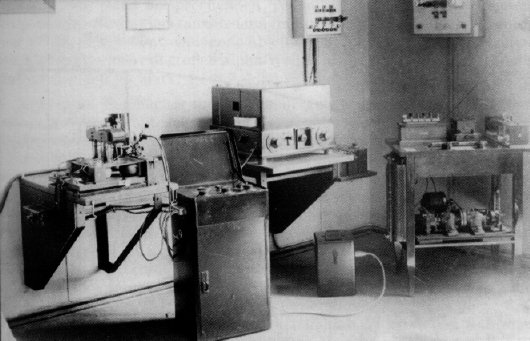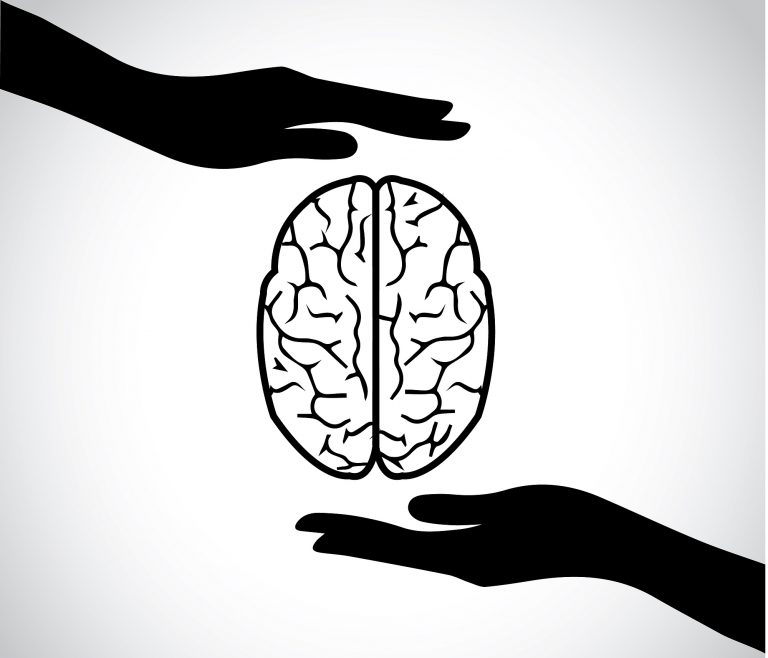History of Neurofeedback

The theory of neurofeedback is that by training the brain, brainwave patterns can be altered to alleviate a variety of neurological and psychiatric symptoms. Though widely considered to be a “new” form of treatment, the ideas and practices behind neurofeedback have date back nearly a century.
Brainwaves were discovered in the 1920s by a German physician named Hans Berger. After experiencing injury during a short term in the military, Berger was intrigued to find that his sister had seemingly sensed his poor condition and had urgently contacted him through telegraph. This incident inspired him to seek a physiological link to the supposed psychic activity. Alternately, this search leads to his discovery of brainwaves and electrical activity in the brain. Berger placed electrodes on a patient’s scalp and recorded faint pulses of electricity. In 1929, he published a paper documenting the differences in brain activity during different mental states; using the term “beta wave” to describe activity during alertness and “alpha wave” to describe activity during relaxation. EEGs were examined mainly through visual observation for several decades until improvements in digital technology allowed the frequency content of the brainwaves to be analyzed. Thus, the qualitative electroencephalogram was born and is the base for all neurofeedback research conducted up until today.
In the 1960s, Dr. Joe Kamiya furthered discovery on brainwaves through experiments on alpha wave conditioning. He theorized that through training, one could consciously alter electrical activity in the brain. Using a simple reward system, he trained subjects to correctly recognize when they were in a state of alpha wave activity. Later, some subjects showed an ability to induce alpha state on command. In 1968, his findings were published in an article of Psychology Today. This publication brought new interest to the world of neurofeedback and its potential to treat a wide variety of psychological and neurological ailments.
During a similar timeframe, Dr. Barry Sterman made a separate breakthrough on beta brainwaves while researching neuroscience and psychology. Conducting experiments on cats, he found that it was possible to train the cats to produce a type of beta wave known as the sensorimotor frequency (SMR) on command when rewarded with food. Later, Dr. Sterman was approached by NASA to study the effects of rocket fuel which was known to cause seizures in astronauts. He exposed cats to the rocket fuel, which as expected, induced seizures in the cats. However, it was astoundingly noted that the cats that had undergone SMR training had a much higher threshold for tolerating the convulsant rocket fuel. This inspired him to begin experiments on human SMR training with patients experiencing epilepsy. Connected to electrodes on the patients’ scalps, a green light would indicate when a subject was in an SMR state, and a red light would indicate that they were not. Subjects were directed to keep the green light on and avoid turning on the red light. Over time, the results after training showed up to a 65% reduction in grand mal seizure activity, an incredible advancement in the pioneering world of neurofeedback.
Within the last 20 years, a newer form of brainwave training called alpha-theta training has evolved. The training reinforces both the alpha state, which occurs when a person is relaxed; and the theta state, which occurs when the mind is wandering and drifting closer to sleep. Reminiscent of earlier forms of alpha training, this form of neurofeedback therapy aims to desensitize the patient to painful and anxiety-inducing stimuli. Calming guided imagery and sound are used to direct the subject into a state of hypnagogia, which is the mental state prior to sleep. This first induce an alpha state, but eventually, theta activity rises and exceeds alpha activity, invoking what is called the “crossover” state. This state allows the patient to re-examine painful emotions and triggers and has been shown to be successful at treating symptoms of conditions such as alcoholism and PTSD.
Schedule an Appointment
We believe in an integrative and holistic approach to help you make the changes you want. Contact us now to schedule an appointment or to request a 20 minute free phone consultation. During this session, you will be invited to share your story and ask any questions you may have.
Recent Articles
Autism in Women: Signs, Masking, and Getting an Adult Diagnosis
If You Are an Adult Who Was Assigned Female at Birth, Wondering if You Could Be Autistic, You Are Not…
Now Serving South Denver: Mountain Vista Psychology Opens New Location for Counseling, Neurofeedback & Testing
To The Wonderful Mountain Vista Psychology community: We have some exciting news to share: We are Growing and Excited to…
ADHD Testing: How Women Are Underdiagnosed and Misunderstood
Attention-Deficit/Hyperactivity Disorder (ADHD) is one of the most widely discussed and most commonly diagnosed disorders today. ADHD is more than…
What Does Self-Care Look Like in Motherhood
Motherhood can be a beautiful, transformative journey, but it is also exhausting, overwhelming, and often self-sacrificing. Somewhere between diaper changes,…





